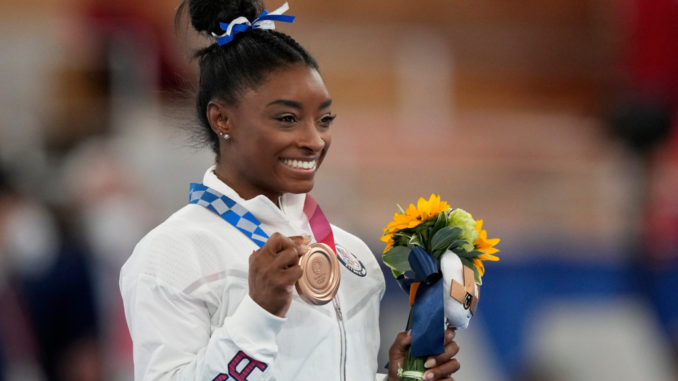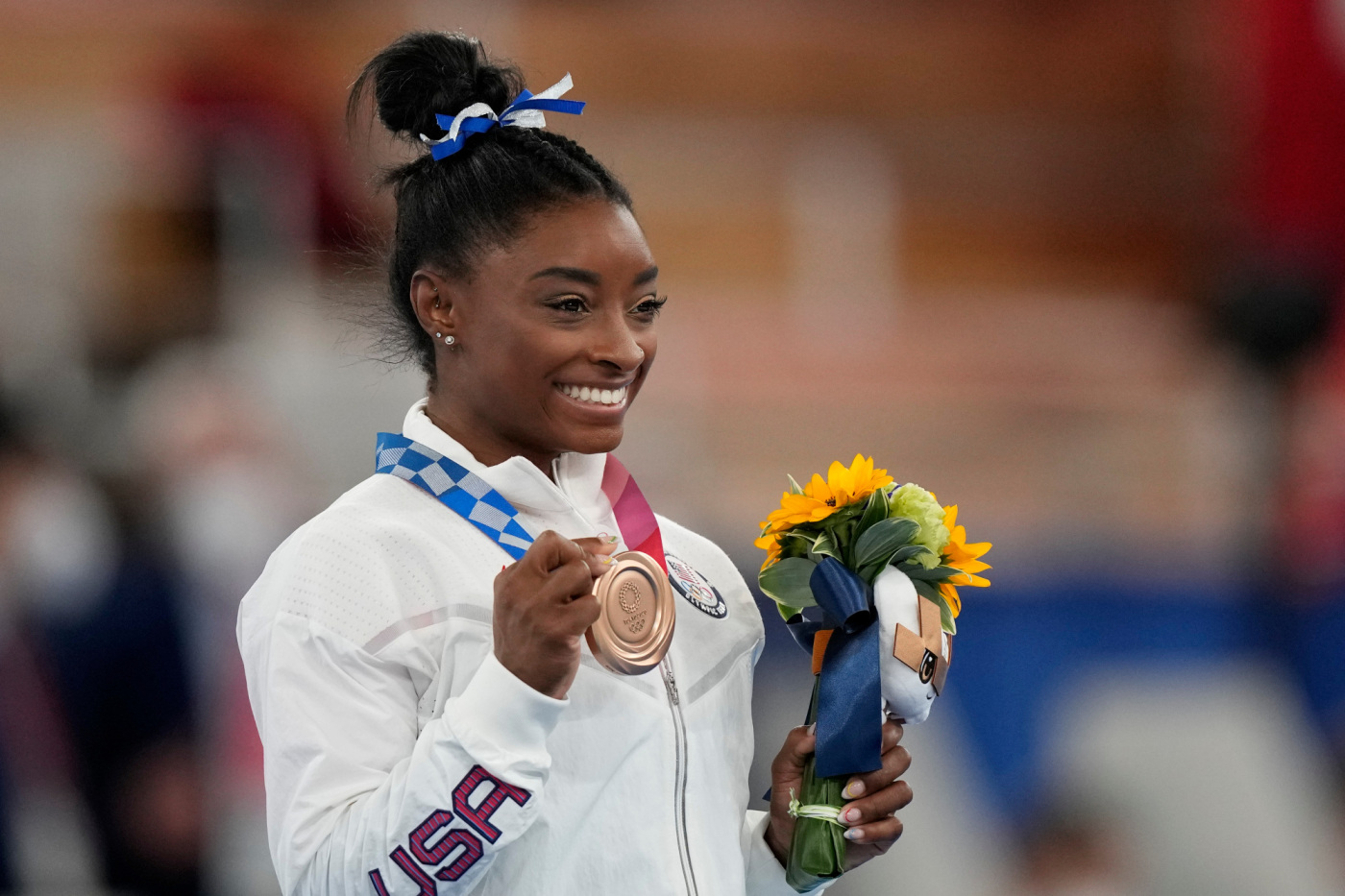
There are few events that engender a sense of global community like the Olympics. Once every four years, the nations of the world come together to compete against one another, not on the battlefield but rather the fields of track, gymnastics, swimming, dressage and so many more.
The Olympics are exciting to watch because it’s the best of the best competing against one another.
This year’s Olympics had a plethora of emotional moments. The pandemic almost cancelled the Games, United States gymnast Simone Biles withdrew from competition for reasons of mental health and the German equine pentathlon coach was disqualified for hitting a horse with her fist because the animal wouldn’t jump. So, in addition to the Olympics being a coming together of the best of humanity, this summer’s edition also revealed a darker side.
As a therapist, I felt it was important that Biles spoke openly about her depression, the way it influenced her performance and the potential physical dangers she faced if she continued. Ultimately, she elected to rejoin the competition, winning a bronze medal, but for me, her greatest accomplishment was not her medal but the courage she showed speaking openly about the pressure she and other competitors experience.
I’ve counseled competitive athletes as well as men and women who compete in mock trials, spelling bees, marching band, gymnastics and many other activities where the goal is to emerge as the best. Of course, they want to win; most are keenly competitive.
What I’ve learned is, unlike many of the myths about competitive youth, behind every contestant, there is not always a parent living vicariously through their kid, pushing them harder and harder until they break. Many of these young men and women put the pressure on themselves to excel — and when they don’t, mom or dad are saying it’s OK, you tried your best. Reassurance from a parent however isn’t always enough to quiet the internal dialogue that shouts, “You could have done better, tried harder, practiced more.”
It’s both a blessing and a curse to be keenly competitive and emerge as the elite of whatever pursuit is attempted. Yes, it feels good to get into Berkeley, Harvard or Yale. And it is exhilarating to go to the CIF championships or make it to the mock trial finals. A lot of these kids have a healthy balance including family, friends, their competition and a love of music or art. Those who come out on top have not always sacrificed normalcy for accomplishment.
So, while it’s good to push oneself and not settle for mediocrity, there also needs to be a path to make peace with not getting the gold.
What I’ve learned from those adolescents who achieve but are also able to deal with not winning is that their self-image, their self-worth is never one-dimensional. It is not chess or football that makes them who they are, rather they bring to their endeavors who they already have become — and that’s what protects them.
Mitchell Rosen is a licensed therapist with practices in Corona and Temecula. Catch up with previous columns at www.pe.com/author/mitchell-rosen. Email rosen@mrosenmft.com.






